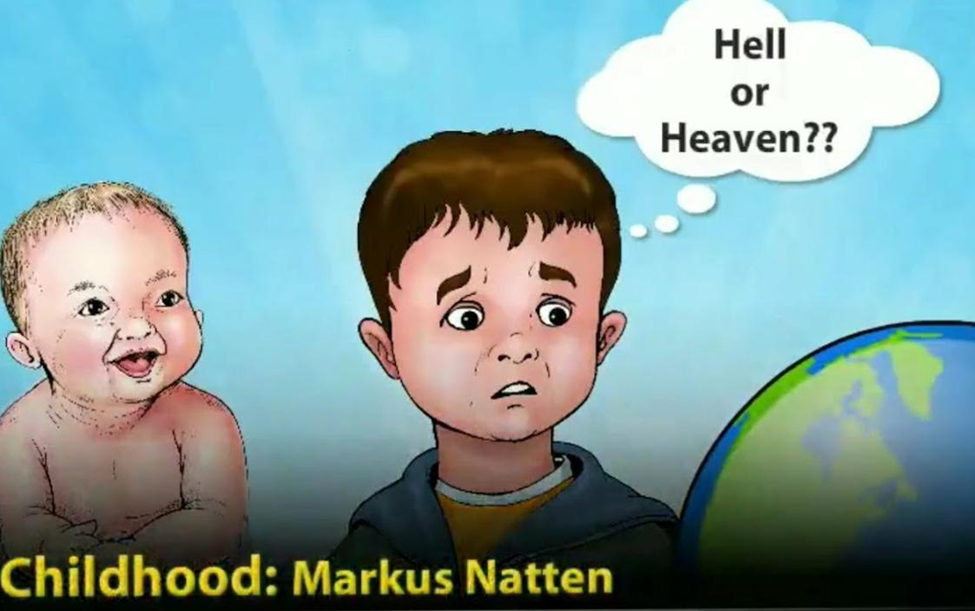- Books Name
- (English) Hornbill & Snapshot Class-11
- Publication
- PathSet Publications
- Course
- CBSE Class 11
- Subject
- English
Childhood
by Markus Natten

Introduction: The poem childhood deals with the poet's curiosity to know when actually and individual ceases to be a child. He wonders whether it is the age of the stage when the young, unsullied mind learns to see through the adult ‘hypocrisy and identifies his own distinctiveness. Childhood disappears to hide itself in an infant's innocent expression.
Stanza 1
When did my childhood go?
Was it the day I ceased to be eleven.
Was it the time I realised that Hell and Heaven,
Could not be found in Geography,
And therefore could not be,
Was that the day!
Explanation: The poet wonders when did his childhood go away from him. He wonders whether it went away when he crossed the age of 11 or when he realised that Hell and Heaven are imaginary and are not found in Geography (i.e. real world).He starts thinking perhaps the day when he gained his rational and logical thinking, he lost his childhood.
In this stanza, the poet has two different things which would have led to the lost of his childhood. The first is his growing up and the second his rationality. So, the poet neither likes to grow up nor rational thinking. He seems to be a lover of imaginations (Hell and Heaven). He desires to have the same beliefs which he had during his childhood.
Stanza 2
When did my childhood go?
Was it the time I realised that adults were not
All they seemed to be,
They talked of love and preached of love,
But did not act so lovingly,
Was that the day!
Explanation: In the second stanza, the poet again raises rhetorical question. He wonders whether he lost his childhood when he realised that adults are not what they seem to be. They talk and preach about love but their actions do not seem to be out of love. They are hypocrites and have hate in their actions.
Saying that, the poet thinks whether that was the day when he lost is childhood i.e. after realising the hypocrisy of the adults.
Stanza 3
When did my childhood go?
Was it when I found my mind was really mine,
To use whichever way I choose,
Producing thoughts that were not those of other people
But my own and mine alone
Was that the day!
Explanation: In the third stanza, the poet again raises a rhetorical question. He wonders whether he lost his childhood when he realised that his mind was really his own i.e. he could think independently and use it the way he desired.
The day when he realised that that he could produce his own thoughts and opinion and needed not to depend on the opinions of other people. Saying that, the poet thinks whether that was the day when he lost is childhood i.e. after realising the hypocrisy of the adults.
In this stanza, the poet is probably referring to his past experiences which are not very good. Perhaps he was earlier affected by what people would say. However when he grew up, he realised that other people cannot form his opinions. His mind is his own and he can think on his own.
Stanza 4
Where did my childhood go?
It went to some forgotten place,
That is hidden in an infant’s face,
That’s all I know.
Explanation : In the final stanza, the poet again wonders where has his childhood gone. Perhaps it went to a place which is forgotten. Finally the poet says that he can see his childhood and innocence hidden in the face of an infant child and that is the only place where it is found. In the final stanza, the poet seems to be a little bit relieved because he can finally see his childhood and innocence.

 ACERISE INDIA
ACERISE INDIA
 PathSet Publications
PathSet Publications
